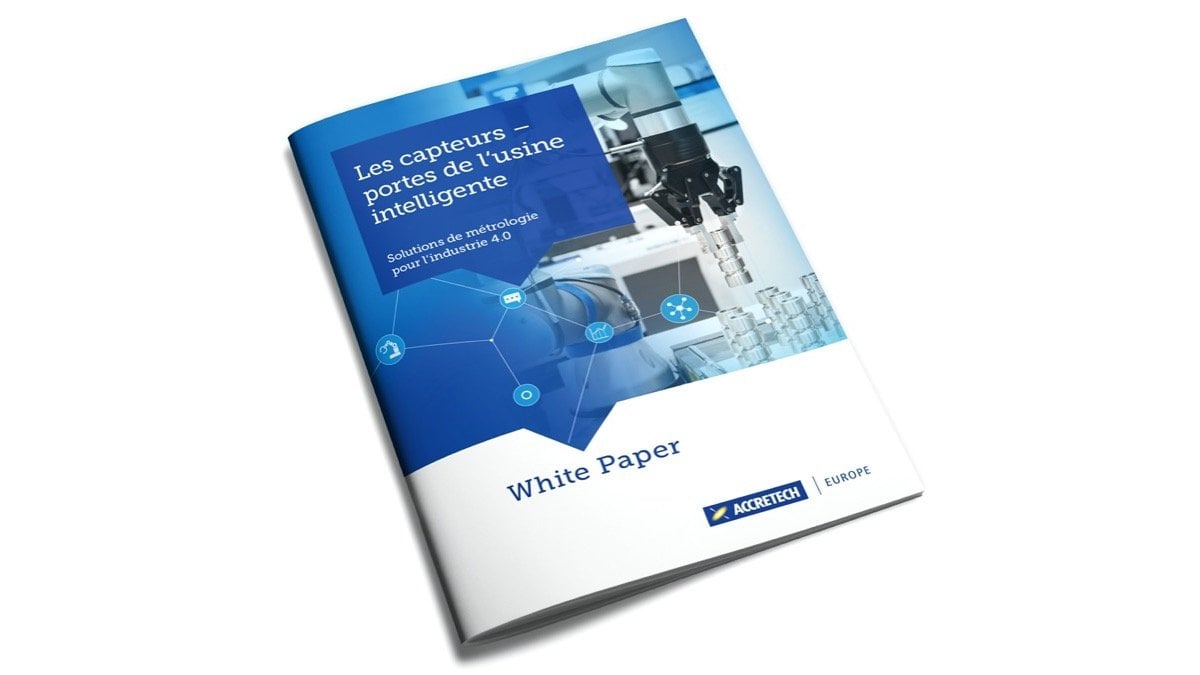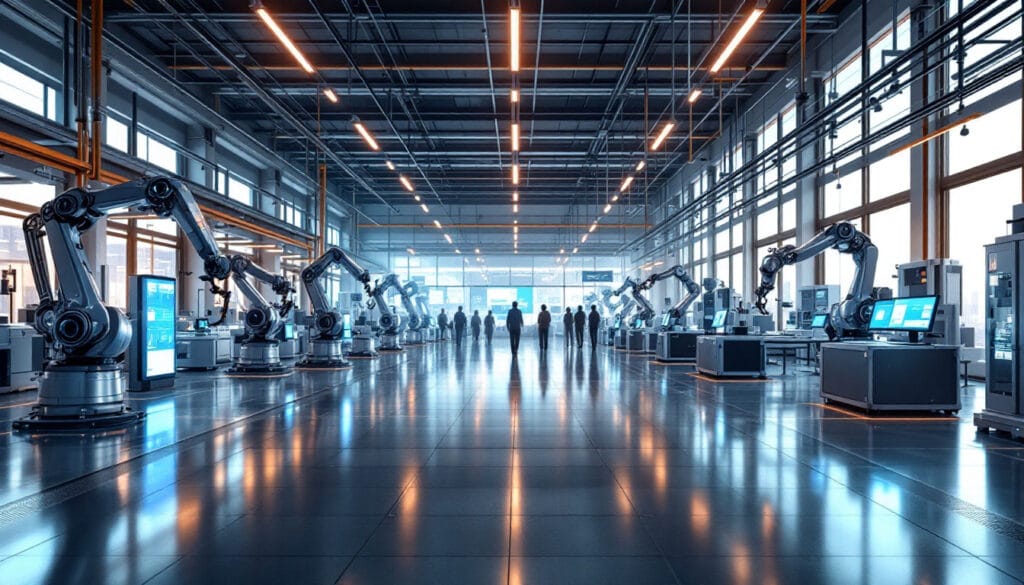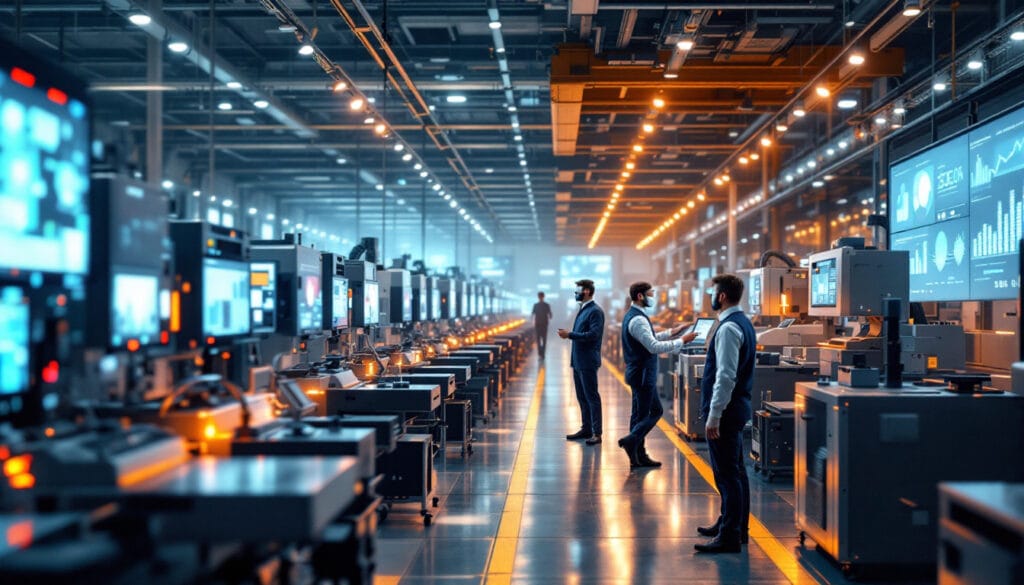In a world where digitalization and hyperconnectivity are redefining the contours of production, Industry 4.0 emerges as a true industrial revolution. By relying on the integration of advanced technologies such as the Internet of Things (IoT), artificial intelligence, and cloud networks, it transforms traditional manufacturing methods into smarter and more efficient systems. This rise also disrupts metrology, evolving it from a reactive quality control function to a proactive and integrated process, essential for ensuring precision and continuous improvement in modern production chains.
Industry 4.0, often referred to as the fourth industrial revolution, has transformed factories by making them more intelligent and less dependent on human intervention. Thanks to advanced technologies like the Internet of Things (IoT), artificial intelligence, and automation, production systems can now communicate with each other, optimize processes in real-time, and enhance accuracy. These innovations have profoundly impacted metrology, which has shifted from a reactive and analytical activity to a proactive and integrated solution within the manufacturing process. Modern measurement equipment, connected and autonomous, enables real-time quality assurance and increased efficiency, paving the way for new possibilities in terms of precision and reliability in the manufacturing sector.
Table des matières
Togglethe rise of industry 4.0
Industry 4.0 represents a radical technological leap, integrating communication and information technology within manufacturing. Innovations focus on connectivity, Internet of Things, and cloud storage technologies. By using blockchain sensors, factories are becoming smarter, interconnecting each part of the production process with efficiency. This ecosystem promotes the transition to faster production methods while reducing costs. But that’s not all; the impact is also felt in terms of logistical approaches and data-driven business models.
repercussions on metrology
With the rise of intelligent industry, metrology adapts to serve a leading function. Initially designed to inspect finished products, it is now integrated directly into production processes. Innovations in advanced sensors and smart equipment offer increased precision. Traceability significantly improves thanks to machines’ ability to collect and analyze data in real time. Consequently, metrology not only evaluates outcomes; it actively contributes to optimizing production.
transformations in perspectives
The impact of industry 4.0 on metrology goes well beyond improving existing practices. The introduction of artificial intelligence and machine learning revolutionizes the way measurements are taken and verified. Systems utilizing these technologies can predict trends and carry out self-corrections. Manufacturing is thus witnessing the emergence of a system where real-time quality control becomes a tangible reality, pushing the limits of reliability and efficiency far beyond what was previously possible. The advancements pave the way for even bolder innovations in the future.





